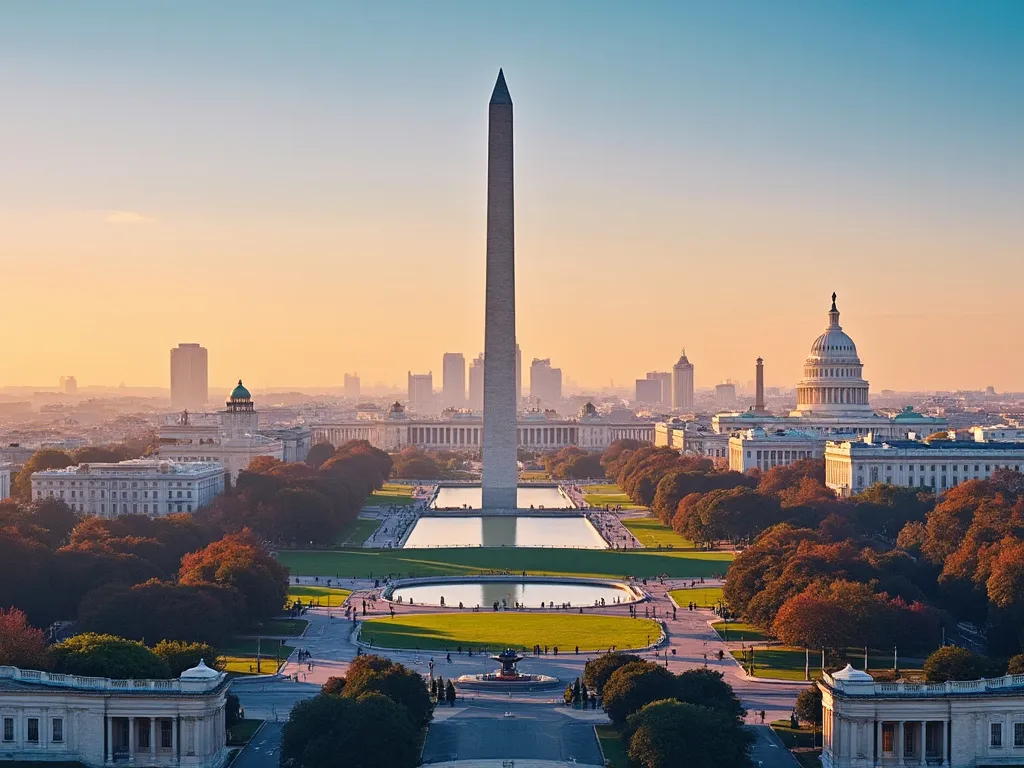
Washington D.C., formalmente conocido como el Distrito de Columbia, es la capital de los Estados Unidos. Ubicada en la costa este del país, es un distrito federal que sirve como la capital permanente de la nación. Washington D.C. es una ciudad con una rica historia, cultura diversa y monumentos icónicos, lo que la convierte en un popular destino turístico.
Información sobre Washington D.C.
| País | 🇺🇸 Estados Unidos |
| Población | 702,455 (estimación de 2020) |
| Coordenadas | 38.8951° N, 77.0364° W |
| Área | 68.3 sq mi (177 km²) |
| Clima | Clima subtropical húmedo |
| Idioma | Inglés |
| Moneda | Dólar estadounidense (USD) |
| Zona horaria | Zona Horaria del Este (UTC-5) |
| Proximidad a otras ciudades importantes | Baltimore (40 millas), Filadelfia (137 millas), Nueva York (225 millas) |
Datos interesantes sobre Washington D.C.
- Los famosos cerezos en flor de la ciudad fueron un regalo de Japón en 1912.
- El Monumento a Washington es la estructura más alta de la ciudad, con 555 pies de altura.
- La ciudad tiene más de 170 embajadas y misiones diplomáticas.
- La Institución Smithsonian es el complejo de museos, educación e investigación más grande del mundo.
Atracciones turísticas en Washington D.C.
- El National Mall, que incluye el Monumento a Washington y el Monumento a Lincoln.
- La Institución Smithsonian, que incluye el Museo Nacional de Historia Natural y el Museo Nacional del Aire y el Espacio.
- El Capitolio de los Estados Unidos, que ofrece visitas guiadas.
- La Galería Nacional de Arte, que cuenta con una colección de arte europeo y estadounidense.
Antecedentes históricos de Washington D.C.
Washington D.C. fue fundada en 1790 como la capital de los Estados Unidos. La ciudad fue nombrada en honor al primer presidente del país, George Washington. El diseño de la ciudad fue influenciado por el arquitecto francés Pierre Charles L'Enfant, quien imaginó una ciudad con amplias avenidas y parques públicos. A lo largo de los años, Washington D.C. ha jugado un papel significativo en la historia estadounidense, sirviendo como la sede del gobierno durante tiempos de guerra y paz.
Ubicación geográfica de Washington D.C.
Washington D.C. está ubicada en la región del Atlántico Medio de los Estados Unidos, en la costa este. La ciudad está situada en el río Potomac, que forma la frontera entre los estados de Maryland y Virginia. El terreno de la ciudad es relativamente plano, con algunas colinas y valles. Washington D.C. tiene un clima subtropical húmedo, con veranos calurosos e inviernos suaves.
Significado cultural de Washington D.C.
Washington D.C. es una ciudad con un rico patrimonio cultural. La ciudad alberga numerosos museos, galerías y lugares de espectáculos, incluyendo la Institución Smithsonian, la Galería Nacional de Arte y el Centro Kennedy. La ciudad también es conocida por sus vibrantes vecindarios, como Georgetown y Adams Morgan, que ofrecen una variedad de restaurantes, bares y tiendas.
Importancia económica de Washington D.C.
Washington D.C. es un importante centro económico, con una amplia gama de industrias, incluyendo gobierno, educación, salud y turismo. La ciudad alberga muchas agencias federales, incluyendo la Reserva Federal y los Institutos Nacionales de Salud. La economía de la ciudad también está impulsada por sus numerosas universidades e instituciones de investigación, incluyendo la Universidad de Georgetown y la Universidad George Washington.
Conclusión sobre Washington D.C.
Washington D.C. es una ciudad con una rica historia, cultura diversa y monumentos icónicos. Desde su fundación como la capital de los Estados Unidos hasta su estado actual como un importante centro económico, Washington D.C. ha jugado un papel significativo en la historia estadounidense. Ya sea que estés interesado en la historia, la cultura o el entretenimiento, Washington D.C. tiene algo que ofrecer.
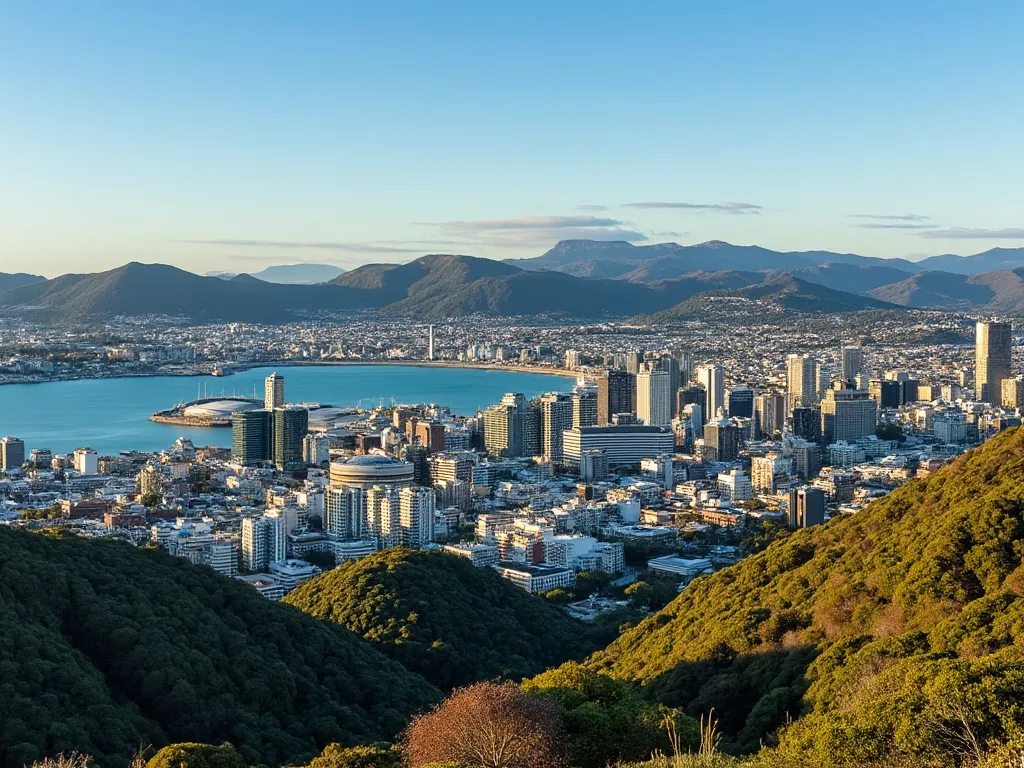 Wellington
Wellington
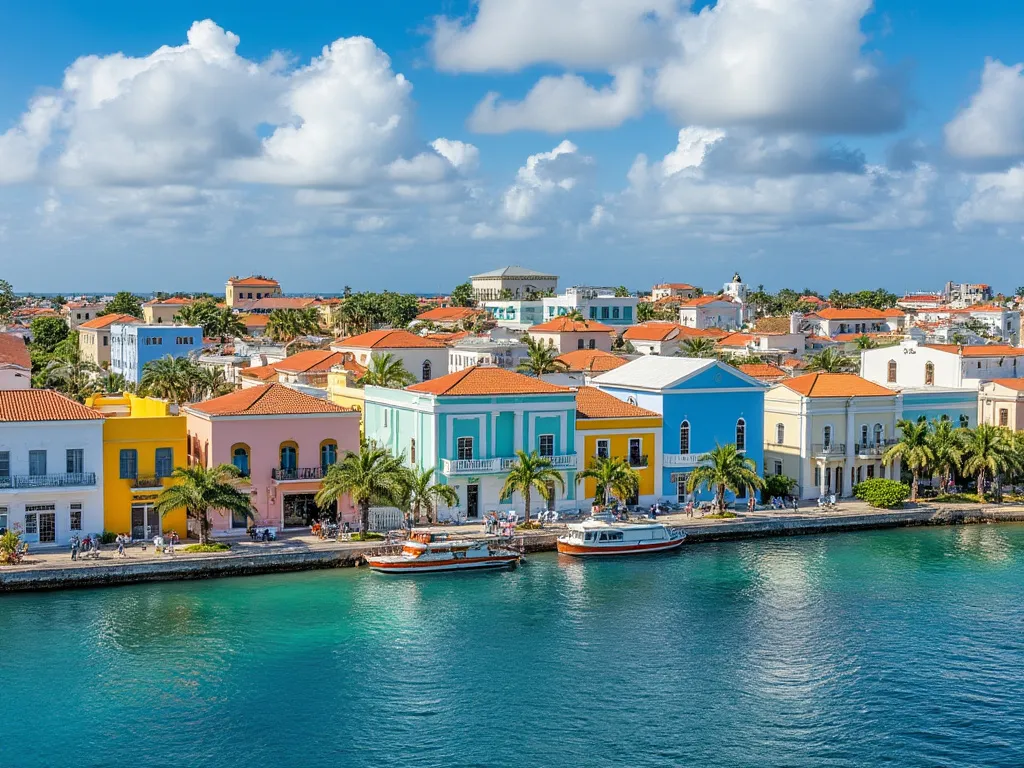 Willemstad
Willemstad
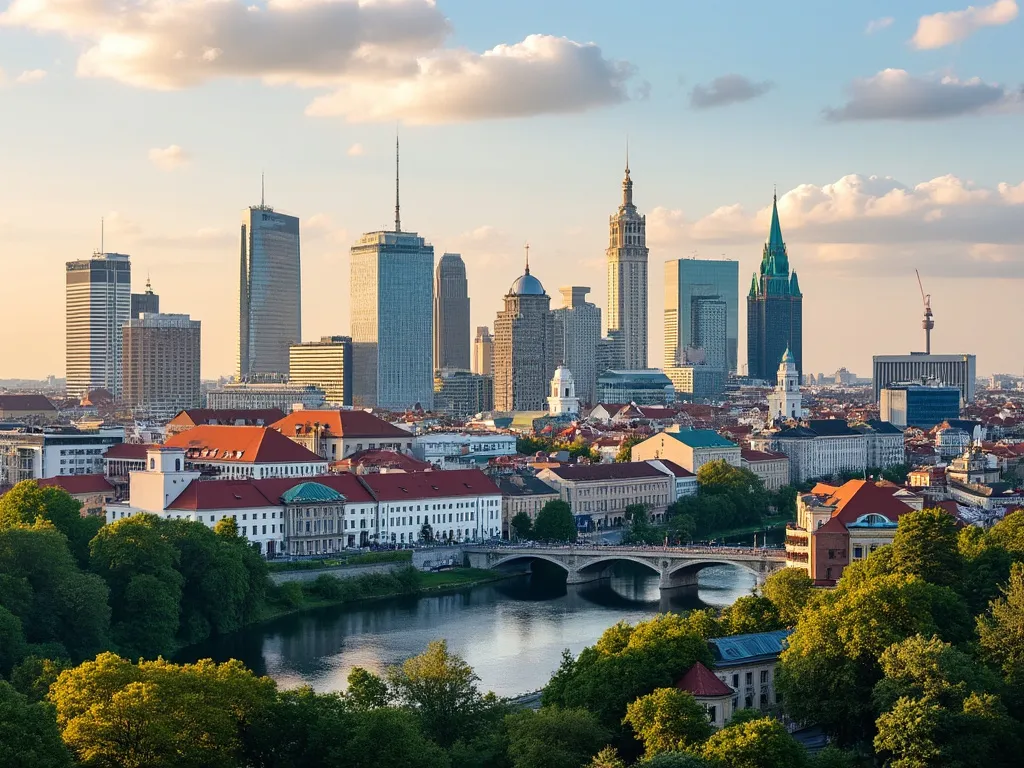 Vilnius
Vilnius
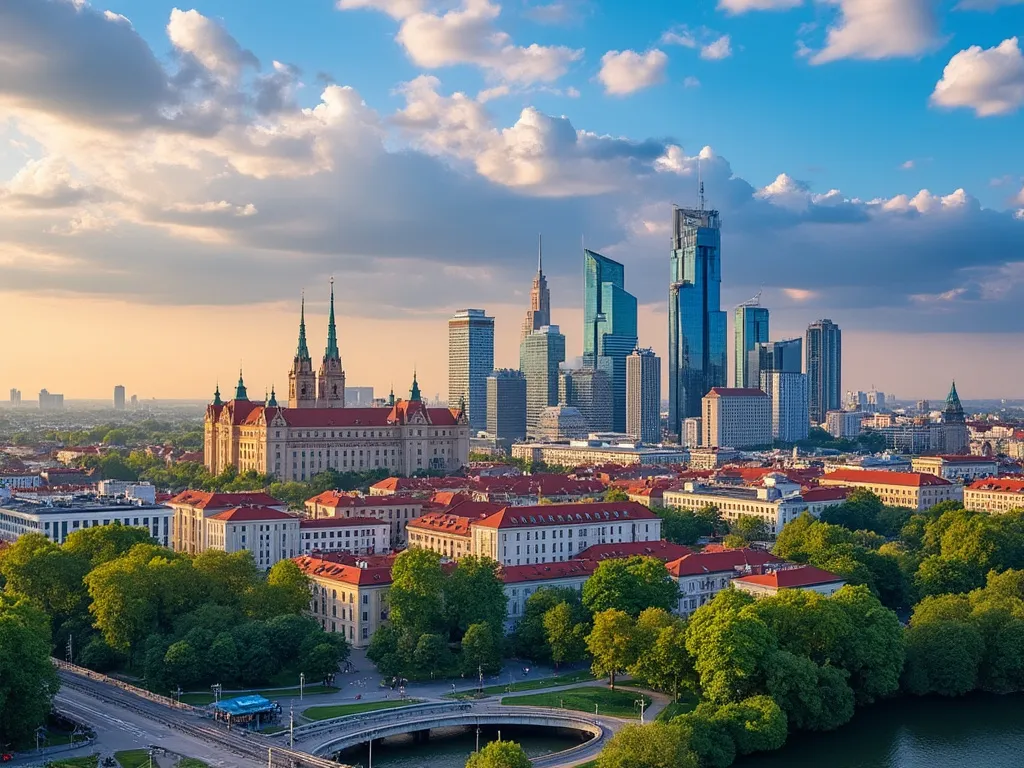 Varsovia
Varsovia